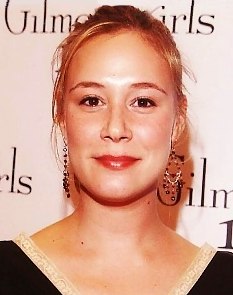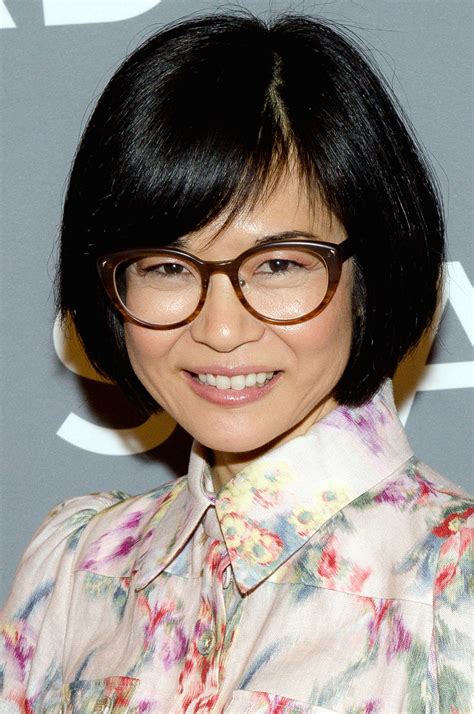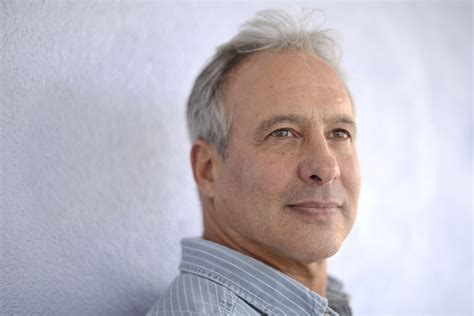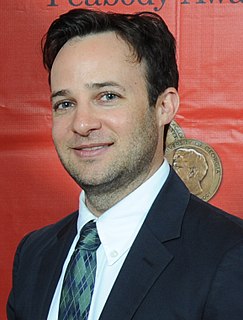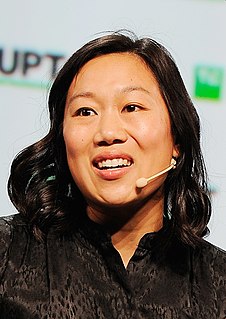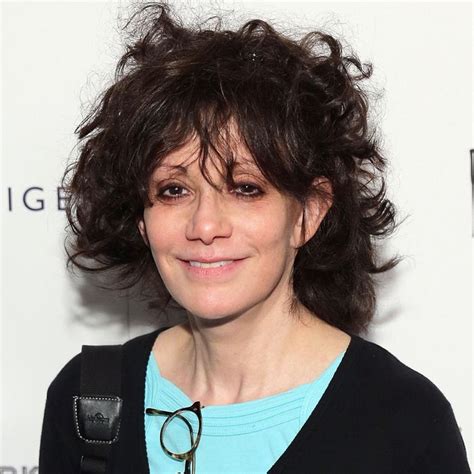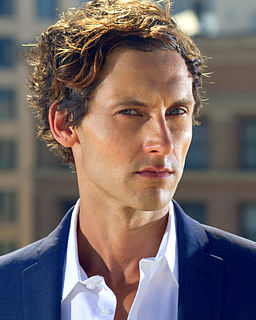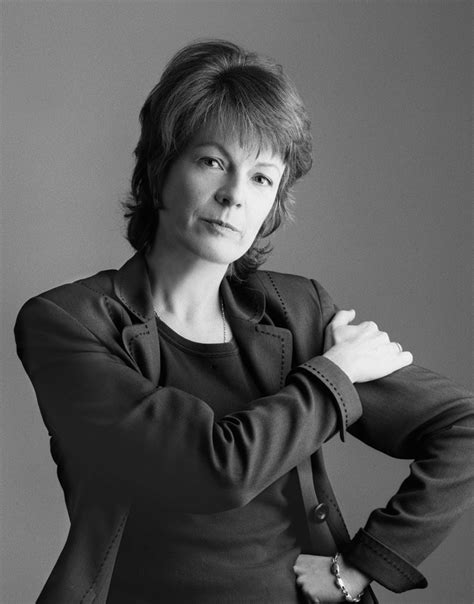A Quote by Liza Weil
Gilmore Girls' felt very apart from everything else that was happening. I felt very lucky to be able to be on a show dealing with those issues. I was proud.
Quote Topics
Related Quotes
I think that "Gilmore Girls" did so many things well, and it was a very feminist show in a time when that wasn't really being portrayed at all. The show made it cool to be a smart girl. That certainly wasn't happening at the time - you were surrounded by beauty shows and teen soap operas. "Gilmore Girls" felt very apart from everything else that was happening.
From very early on in my childhood - four, five years old - I felt alien to the human race. I felt very comfortable with thinking I was from another planet, because I felt disconnected - I was very tall and skinny, and I didn't look like anybody else, I didn't even look like any member of my family.
I never felt I had anything to hide. I never felt being gay was anything to be ashamed of, so I never felt apologetic. I didn't have issues with it, didn't grow up with any religion, so I didn't have any religious, you know, issues to deal with as far as homosexuality is concerned. So, I accepted it very easily. For me, it wasn't that big a deal.
As important as it is to learn the techniques of cinematography, you also have to learn how to deal with the movie set, with show business. I came up with a cinematographer who is very talented, but she was never quite able to handle everything else you have to do - dealing with the producer and the crew and the time frame that you have to follow.
